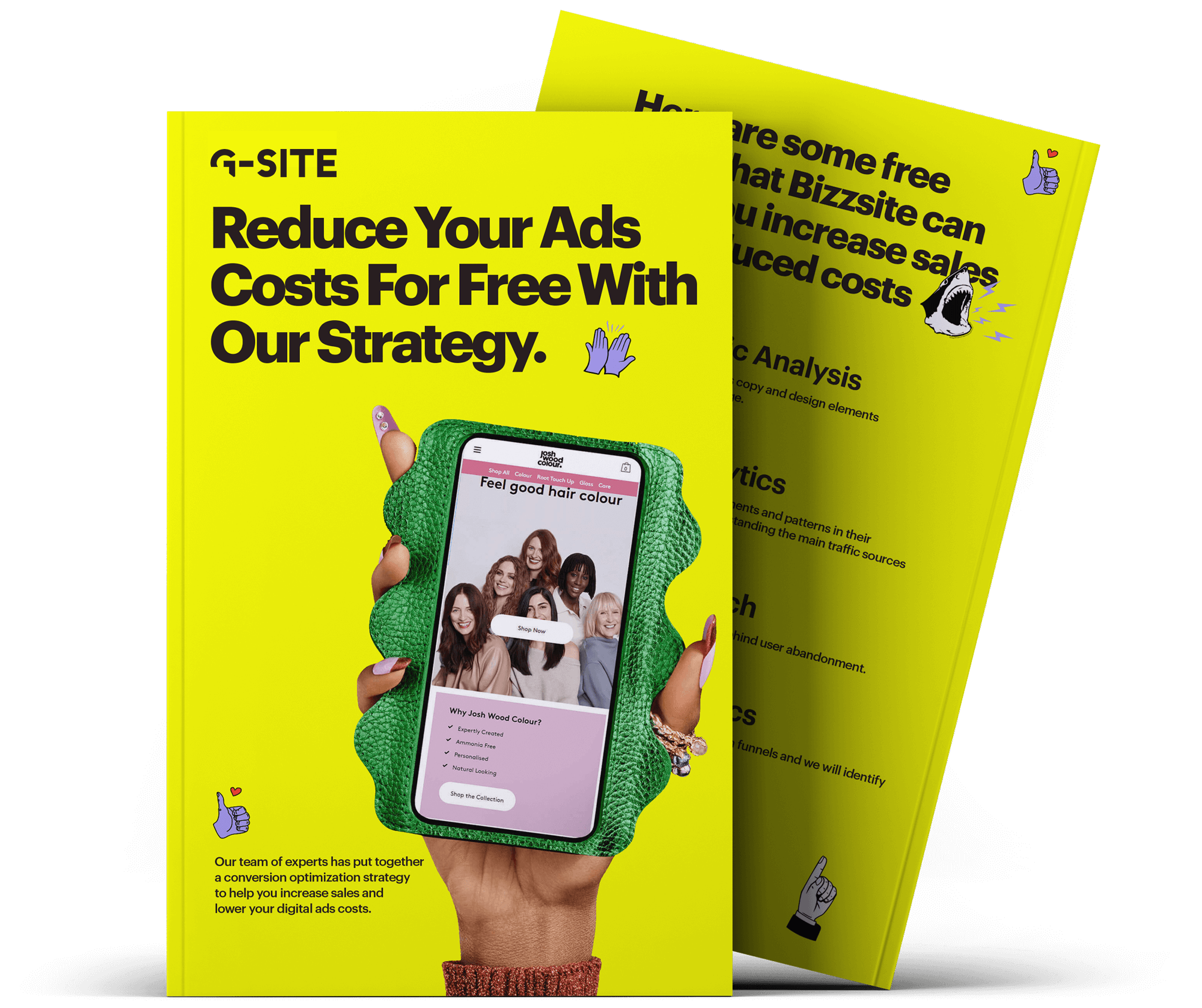%20(1).avif)
Give Me The $2,500 CRO Strategy For Free
Subscribe to
G-site sales blog
Get the best and latest in marketing and sales delivered to your inbox each week.

.avif)
Back in 2000, Google launched AdWords, a simple platform that allowed businesses to run text ads on search results.
Fast forward to 2025, and Google Ads has become one of the most advanced digital advertising systems in the world, powered by AI, automation, and data personalization.
In this guide, we’ll break down:
✅ The evolution from Google AdWords to Google Ads
✅ Major changes in Google’s ad ecosystem
✅ The newest updates shaping ads in 2025
✅ What this means for your business
After nearly 18 years, Google simplified and unified its ad products under three main brands:
The goal? To make advertising across search, display, video, and apps more connected and easier to manage.
According to Sridhar Ramaswamy, Google’s former SVP of Ads & Commerce:
“Marketers now reach people across more channels, screens, and formats than ever. Simplifying our ad products helps them create better experiences for every step of the customer journey.”
📅 Launch Year: 2000
👥 Initial Advertisers: 350
💰 Today: Millions of advertisers globally
🔍 Daily Searches: Over 8.5 billion
📈 Revenue: Tens of billions per year
Google has transformed from simple text ads into a multi-platform ad engine covering:
✅ Search ads
✅ YouTube video ads
✅ Display ads
✅ Gmail promotions
✅ Google Maps local ads
✅ Shopping & Travel ads
And with every update, targeting has become smarter, using AI and intent signals to show your ad to the right user at the right time.
Let’s look at the biggest shifts that have shaped the platform’s evolution.
In 2025, over 85% of Google advertisers use automated bidding and targeting.
AI now manages most optimization, adjusting bids, testing headlines, and even generating ad combinations automatically to improve conversions.
This saves time and boosts ROI by focusing on results, not manual setup.
Google retired Expanded Text Ads (ETAs) and replaced them with Responsive Search Ads (RSAs).
RSAs automatically test different combinations of:
The algorithm then chooses the best-performing versions for each audience.
💡 Tip: Add at least 8–10 headlines and 3–4 descriptions to give Google’s AI more flexibility to find what converts best.
Thanks to Google’s BERT and machine learning updates, keyword matching is now more accurate and conversational.
Instead of strict matches, Google understands search intent, so your ads appear even when users phrase queries differently.
Example:
This helps you capture more local leads with less keyword management.
Google Ads now includes AI-powered annotations for transparency and trust.
E-commerce businesses can display:
These labels help customers choose based on values and perks, increasing CTRs and conversion rates.
Google merged Standard Display and Smart Display campaigns into one module.
Now you can choose between:
With built-in Optimized Targeting, your ads automatically reach users most likely to convert, even beyond your manual targeting.
Travel advertisers now have dedicated ad formats with built-in data for:
When users search for attractions or hotels, they now see interactive ads with instant booking options — a huge upgrade for tourism marketing.
Google Ads now integrates privacy-first data measurement, removing dependency on third-party cookies and shifting to Consent Mode and enhanced conversion tracking.
Advertisers can still measure ROI accurately, but now in a secure, privacy-compliant way.
Here’s what’s shaping the next generation of advertising on Google:
Google’s AI now helps generate creative assets like headlines, videos, and even image variations using your brand tone and audience data.
Instant reporting shows exactly which keywords or ad types generate calls or sales — helping you double down on what works.
Google Ads now connects directly with YouTube, Gmail, and Maps ads to provide a single unified report for all your campaigns.
Local service-based ads now combine location data, search intent, and mobile device activity, letting you target ready-to-buy customers within a few miles.
Google Ads is no longer about managing ads manually, it’s about letting AI do the heavy lifting while you focus on strategy.
Businesses that win in 2025 are those that:
✅ Use automation but track data closely
✅ Invest in strong creatives and landing pages
✅ Test multiple formats (video, search, local, shopping)
✅ Optimize for conversions, not clicks
Google Ads has evolved from a simple keyword ad platform into an AI-powered, multi-channel advertising ecosystem.
It’s faster, smarter, and more accessible than ever before but also more competitive.
To get results, you need a strategy that blends automation + human creativity.
At G-Site, we build and manage high-converting ad systems powered by AI-driven strategy and data optimization.
✅ Full campaign setup & management
✅ Ad copy, landing pages, and tracking
✅ Conversion-focused A/B testing
✅ Monthly reporting and strategy optimization
%20(1).avif)
Get the best and latest in marketing and sales delivered to your inbox each week.